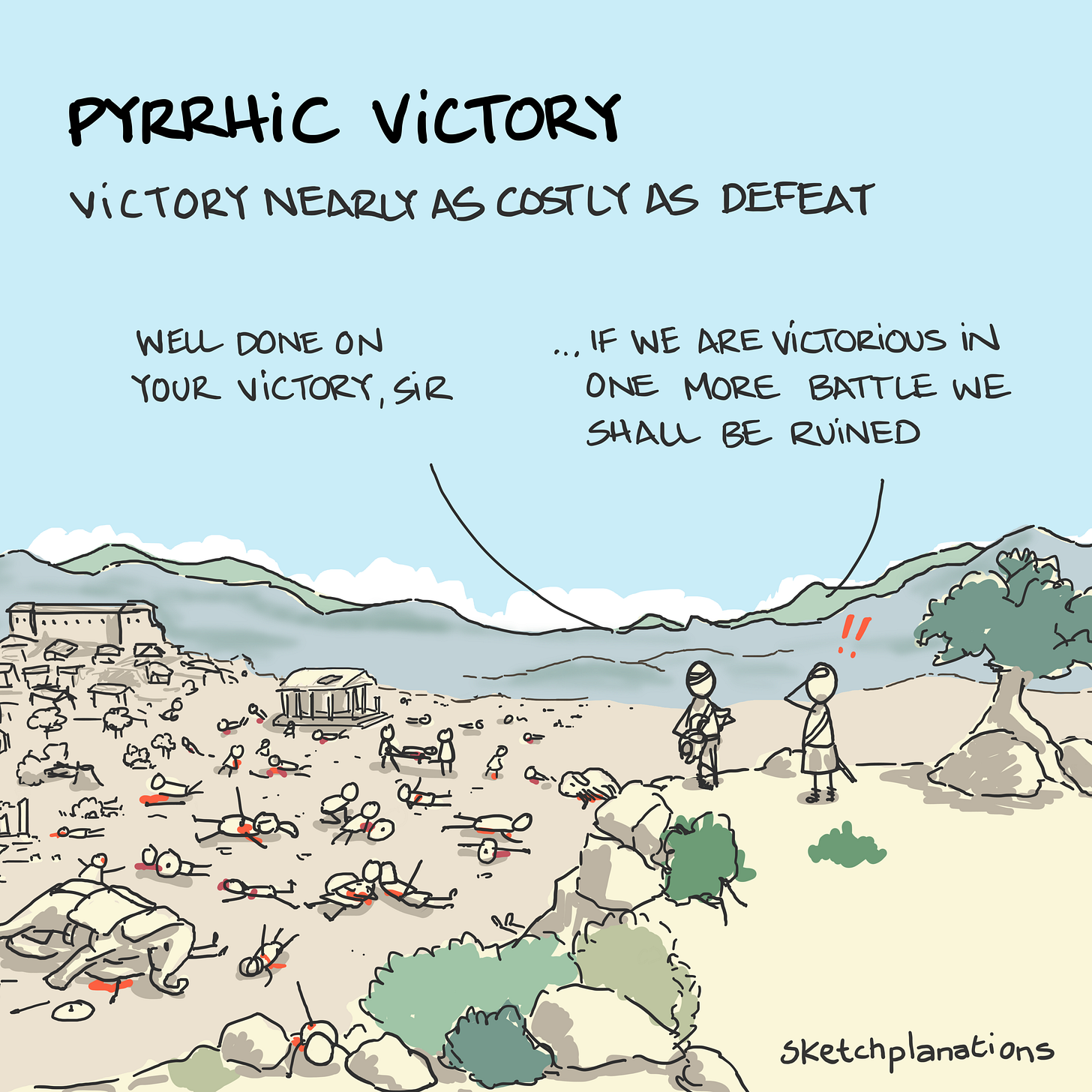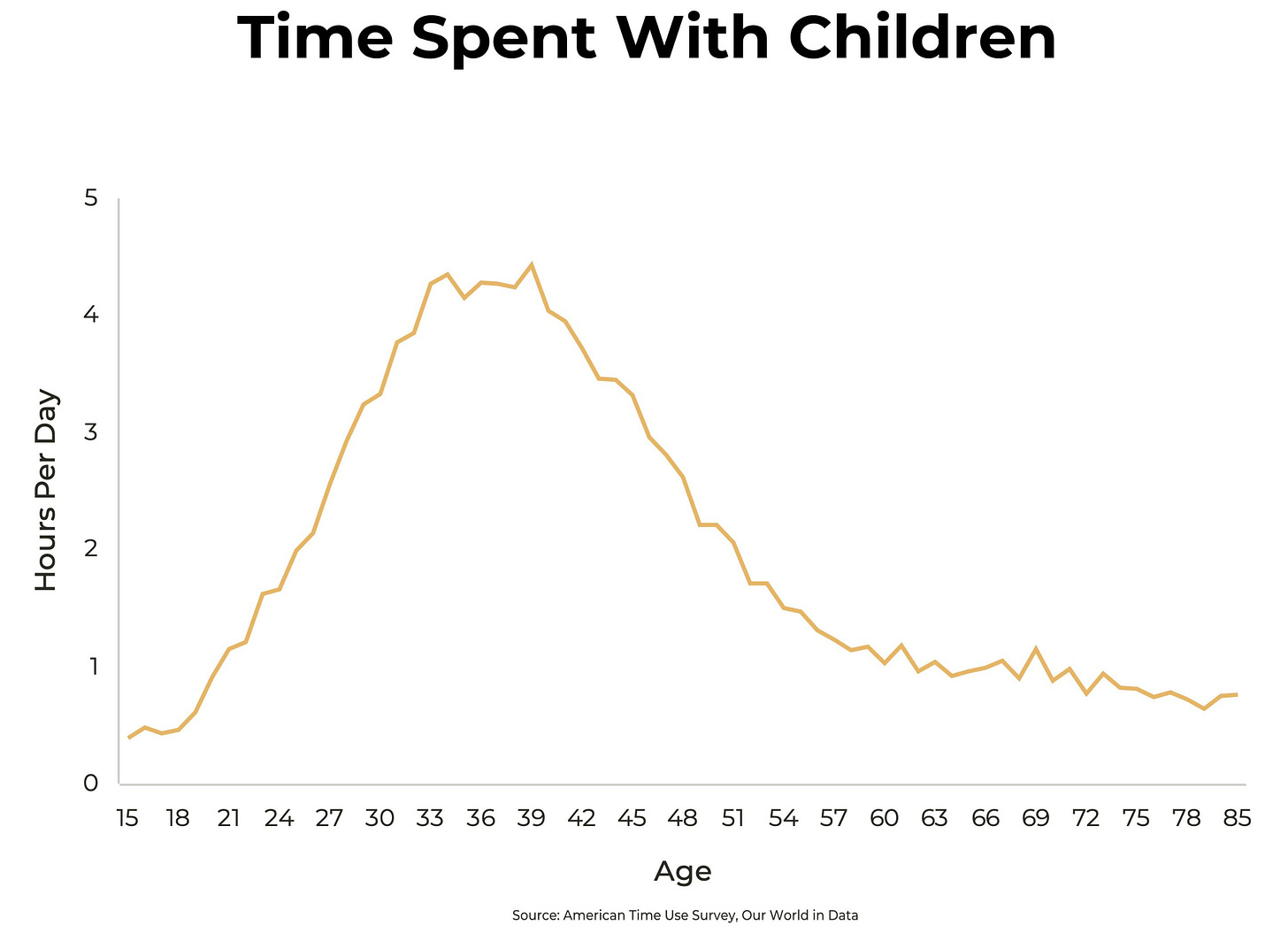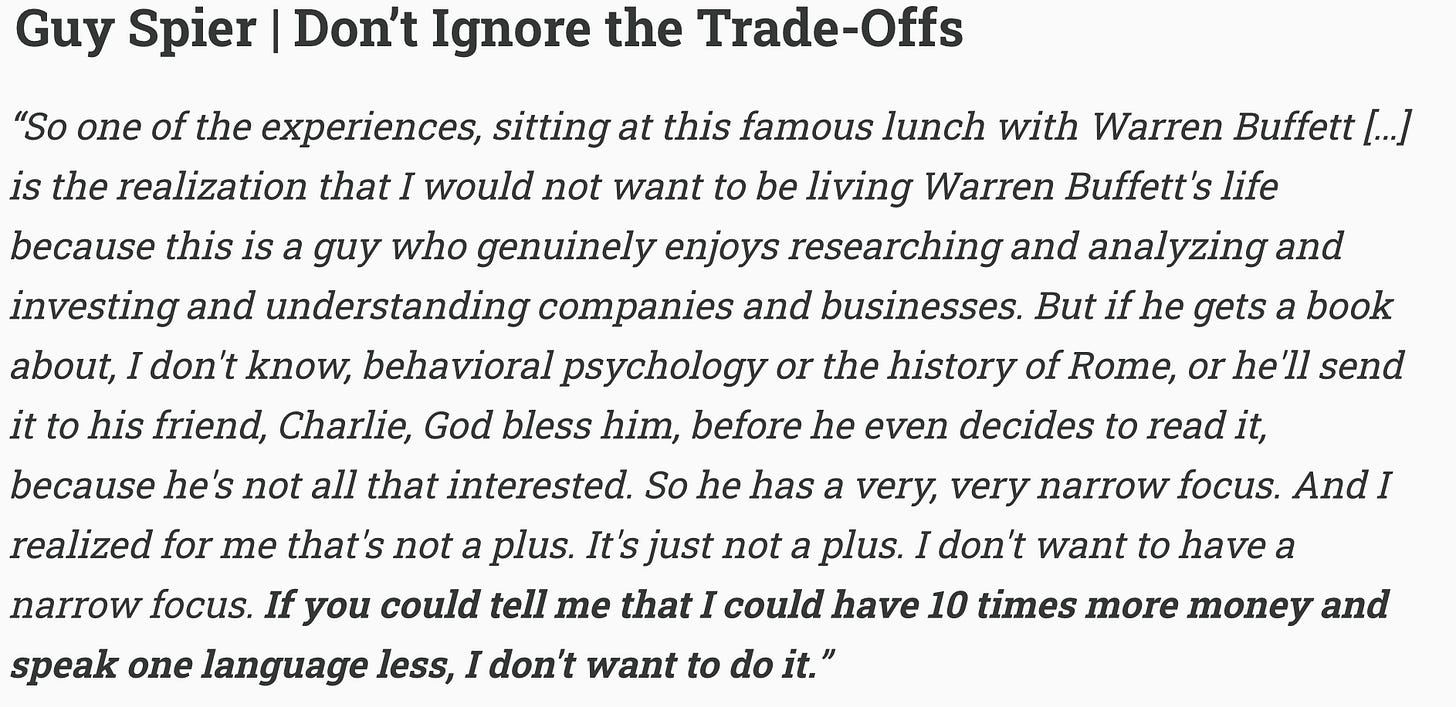John Henry, an African American, was a steel driver who used a hammer to drill holes for blasting tunnels. He thought his job would be at a risk when his company introduced steam powered drill. He had a reputation of being the strongest and most powerful man. He challenged the machine to a race and also won. The machine failed after three meters of drilling but he could drill for four meters in the same amount of time. However, as they started celebrating, John collapsed and died of exhaustion.
King Pyrrhus of Epirus is remembered for defeating the Romans in two major battles during the 3rd century BCE. Leading an army of 25,000 soldiers—a force that overwhelmed the Romans—Pyrrhus achieved tactical victories but suffered immense losses. His best soldiers and key generals perished in battle, leaving his army depleted and unable to recover. While Rome could replenish its forces, Pyrrhus’s victories came at such a steep cost that they ultimately led to retreat rather than conquest.
This historical episode gave rise to the term "Pyrrhic victory," describing a win so costly it feels like defeat—a reminder that success without sustainability is hollow.
Both stories offer valuable life lessons:
Know When to Stop: Whether it's physical effort or strategic ambition, understanding your limits is crucial to avoid irreversible consequences.
Focus on the Bigger Picture: Pursuing short-term wins at the expense of long-term goals can lead to regret and missed opportunities.
My biggest fear is living a life where I regret not doing things I have always wanted (‘desired’). Even writing consistently is a part of long list of things I would like to do. Most of us are programmed with the default wants - money, and fame. In fact, both money and fame can help us get what we want in other areas of life. For example, I could travel internationally to run a marathon only because I have earned enough to spend it on things I desire. However, time and again, through reading and reflection, I have also ensured that I continue to maintain a balance in my life where I do not end up chasing the wrong things and use money or fame (that I barely have) as tools. I am thankful that I understood opportunity cost early and figured that there is a right time to do the right things in life.
Spending time with kids is one of the best examples that can help one understand what I am talking about. The graph below is self-explanatory. Between your late 20s to early 40’s is where you will spend the maximum amount of time. After this, your kids will not have time for you. This is one opportunity that can never be earned back.
Trade-offs are definitely required but you need to find the fine line where you stop trading the essentials. Money is infinite, time is finite. In fact, my biggest realisation over the past few years is that with a few iterations, we can learn how to make money and can keep the tap going for as long as you want.
The same principles apply to health. Certain diseases are almost irreversible.
Making money, spending time with family, building businesses, working on hobbies, are all long term goals which require a sustainable strategy. The strategy must be sustainable, constructive, and must focus on avoiding plateaus.
Sustainable as in they should not have severe consequences or clash with equally important other long term goals.
Constructive as in they should focus on continuous iteration and building instead of just consuming.
You can further work on avoiding plateaus by figuring what the future wants instead focusing on what you want today.
Living a wholesome life may not align with ambitions of becoming the next Elon Musk or Warren Buffet—figures known for their extreme focus and relentless drive. Elon Musk famously camped in Tesla factories for weeks during crises and demanded unwavering dedication from his team. Such intensity requires specific wiring—an ability to prioritize singular goals above all else.
I know a few folks who have crystal clear clarity on what they want in life. One of them is a good friend. He is comfortable with what he earns. He knows that any excess money is not going to change the way he lives. This clarity has helped him make his investment strategy clear as well. Just invest in medium risk mutual funds so that his money continues to grow over and above inflation. He knows he has to take care of his health. He does that by being regular to the gym and eating well. He knows that his family is precious and ensures enough time. I have barely seen people with this kind of clarity.
If I consider my life honestly, I see that it is governed by a certain very small number of patterns of events which I take part in over and over again.” – Christopher Alexander, architect
If you would like to work with us as a client at Holistic Prime Wealth, you can reply to this email or fill this form.
Thanks for reading. Kindly excuse errors, if any.
📚 My favourite books and gadgets
𝕏 Twitter
▶️ Youtube
📝 Sign up for my paid newsletter focused on credit cards and rewards



